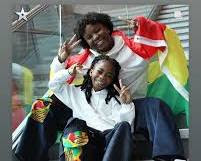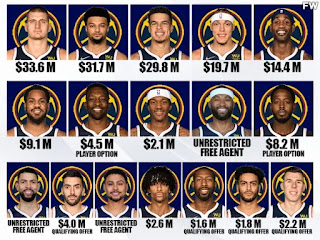The Circular Economy: Rethinking How We Produce and Consume
Our current economic model, the linear economy, is based on a simple formula: take, make, dispose. We extract resources, manufacture products, and then discard them as waste. This linear approach has fuelled economic growth for centuries, but it comes at a heavy cost to the environment.
The good news? There's a new way forward: The Circular Economy.
What is the Circular Economy?
The circular economy is a revolutionary economic framework designed to minimize waste and pollution by keeping resources in use for as long as possible. It's about closing the loop in the traditional linear model, focusing on three core principles:
Eliminate waste and pollution: This means designing products with reusability and recyclability in mind, from the materials used to the manufacturing process itself.
Circulate products and materials: The circular economy encourages extending the lifespan of products through practices like repair, remanufacturing, and product-as-a-service models.
Regenerate natural systems: A key aspect of the circular economy is ensuring the health of our planet for future generations. This involves sustainable practices in agriculture, forestry, and other resource-intensive sectors.
Why Go Circular? The Benefits are Abundant
Transitioning to a circular economy offers a multitude of benefits, for both the environment and the economy:
Reduced environmental impact: By minimizing waste and pollution, the circular economy combats climate change, conserves resources, and protects biodiversity.
Economic growth: The circular economy fosters innovation and creates new business opportunities in areas like repair, remanufacturing, and recycling. This translates to job creation and economic growth in a sustainable way.
Resource security: A circular economy helps us move away from dependence on virgin materials by keeping existing resources in use for longer. This reduces pressure on our planet's finite resources.
Examples of a Circular Economy in Action
The circular economy isn't just a theoretical concept. Here are some real-world examples already making a difference:
Product-as-a-service: Companies are increasingly offering models where you pay to use a product, rather than owning it. This incentivizes them to design durable, repairable products that last longer.
Repair cafes: These community hubs provide tools, space, and expertise for people to fix their belongings instead of throwing them away.
Upcycling: Giving new life to old materials! Upcycling involves transforming used materials into new, creative products.
The Future is Circular: Join the Movement!
The circular economy represents a significant shift in how we produce and consume goods. By embracing circularity, we can build a more sustainable and prosperous future for all.
Are you ready to join the circular movement? Here are some ways you can get involved:
- Look for products made from recycled materials and designed for easy repair.
- Support businesses that embrace circular practices.
- Extend the life of your belongings by repairing them instead of replacing them.
- Get involved in local initiatives like repair cafes or community composting programs.
Let's work together to break free from the linear model and embrace a circular future!
Additional Resources:









Comments
Post a Comment